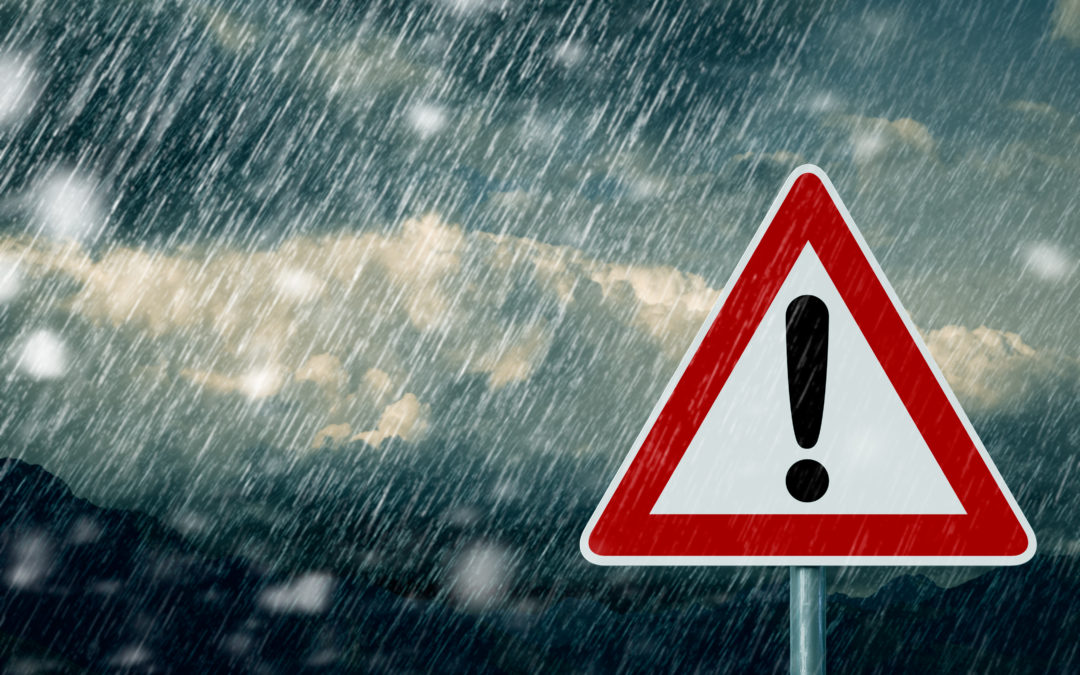Hurricane Michael tore through the Florida Panhandle from Gadsden County to Panama City Beach leaving devastation from the Gulf coast through Alabama and Georgia. Florida towns like Marianna, Lynnhaven and Blountstown will be without power and possibly drinkable water for up to 8 weeks. Towns like Mexico Beach no longer exist. Many places are inaccessible due to debris and downed power lines. There were at least 200 people missing as of October 12, 2018. Schools, courts, and government offices in those areas will lucky if they can open before November 1, 2018. Residents may be unable to return to their homes for months.
Private, governmental and non-profit relief efforts are underway. But, before you contribute to any relief efforts, investigate the relief organization. Unfortunately, scammers use disasters as a way to take the money intended for disaster victims. Verify non-profit groups through Florida’s Department of Agriculture and Consumer Affairs Check-a-Charity, Give.org, or through GuideStar. Be wary of Go Fund Me pages and other individual crowd funding efforts. You can check Florida’s Department of Agriculture for a current list of scams and frauds that impact Floridians.
The residents and business in the area impacted by Hurricane Michael need your help. You can contribute to the relief efforts by helping the reputable organizations that are now on the ground assisting. These include, but are not limited to: the Red Cross, Salvation Army, Mormon Helping Hands, Catholic Charities, Samaritan’s Purse, and United Way. Many of your churches, employers, trade organizations, and civic organizations may also have organized relief efforts. The organizations with which you have a connection may be the best ones to contribute through since you will be able to control where your donations are going. If you want to volunteer but don’t know where, VolunteerFlorida.org can help match you with an organization.
One of the fastest and easiest ways to help is by donating money through one of the organizations listed above. Designating it for Hurricane Relief can ensure that it is used for that purpose. The disaster relief agencies on the ground will use the money for the immediate needs. You can also give blood because it is always needed during a disaster. Our office is less than an hour from the disaster areas. There are urgent requests for the following items:
- generators
- water–lots of water
- non-perishable food (protein rich and no cooking needed are always good)
- gasoline
- personal hygiene items (hand sanitizer, wipes, incontinence products, women’s hygiene, etc.)
- ice
- extension cords (for generators)
- baby items (diapers, wipes, formula)
- first aid supplies
- coolers
- batteries
- flashlights
- tarps
In every impacted community there are “point of distribution” centers that distribute disaster aid to impacted residents. These centers coordinate donated supplies and distribution. In addition to distributing donated items, they also distribute meals-ready-to-eat, water, and other aid. In some areas, organizations like the Salvation Army work with local governments to provide meals at “comfort stations” where residents can charge cell phones, sit in cooler, covered areas, and even take showers. If you are getting help in the wake of Hurricane Michael, beware of scammers as well and avoid being a victim of a repair or clean up scam.
Most of our readers live too far away to see the impressive relief efforts. Caravans of utility trucks headed into disaster areas to restore power. National Guard convoys bringing in personnel. National Guard personnel patrolling streets, helping with search and rescue efforts, and distributing supplies. Military helicopters flying over head taking supplies and equipment into the devastated areas. Vans full of volunteers pulling trailers of chainsaws, ladders, and cleanup equipment bring armies of volunteers to help clear debris. Local neighborhoods in less impacted areas collecting donations to those in need. Today, a caravan of eight fire trucks full of first responders from across Florida came through our neighborhood headed down to the coast.
Everyone in the area appreciates the help, the love, the prayers, and your good thoughts. With your help, the Florida Panhandle and Big Bend areas will recover.


